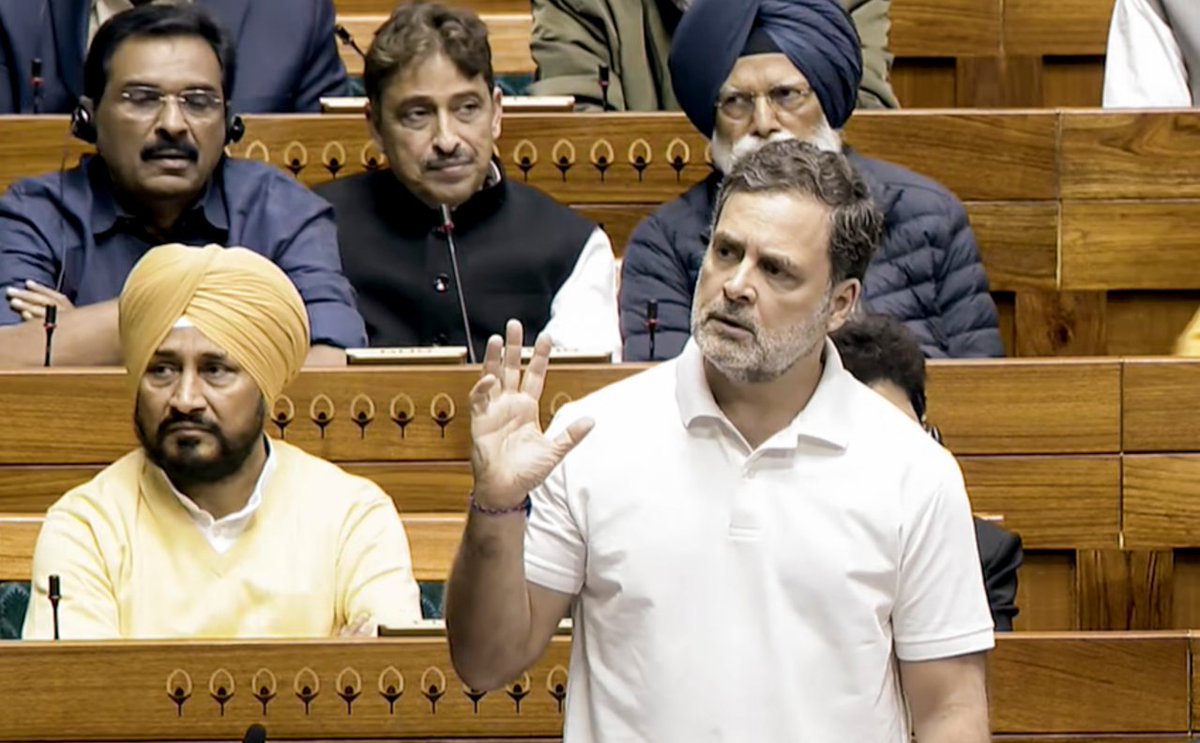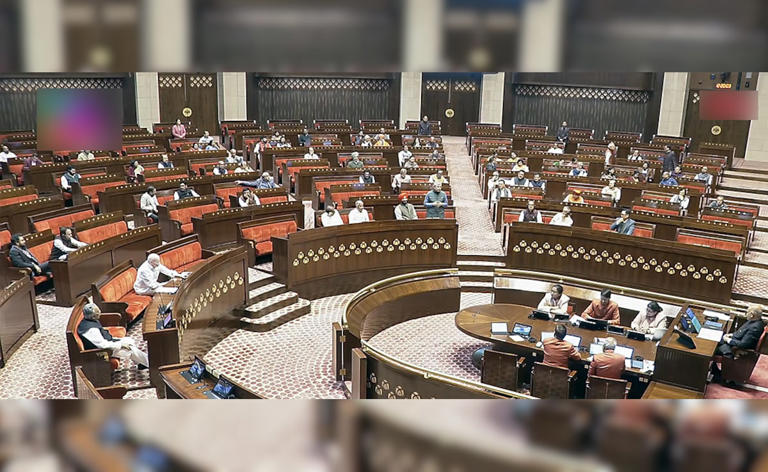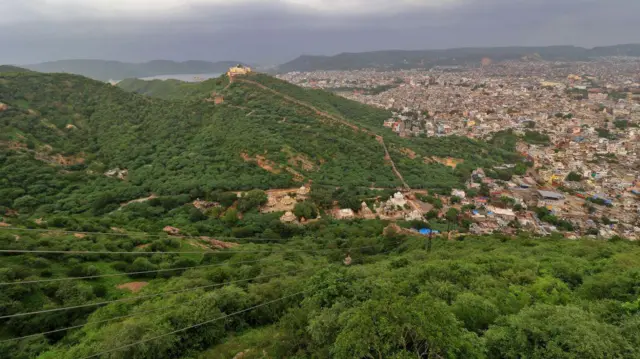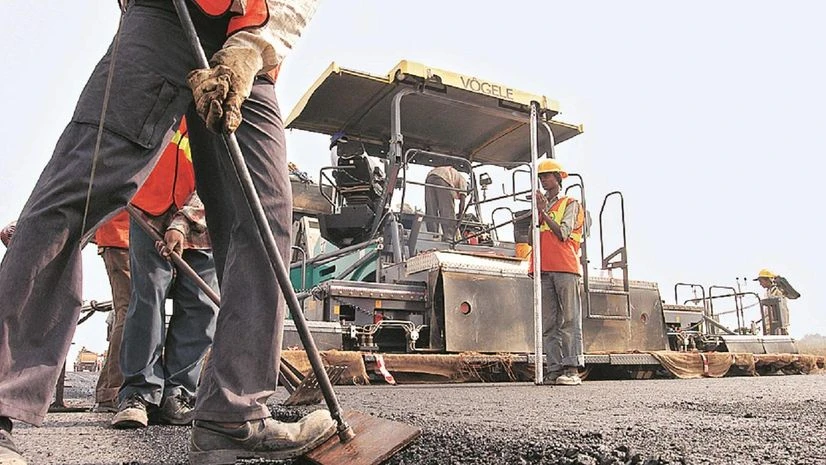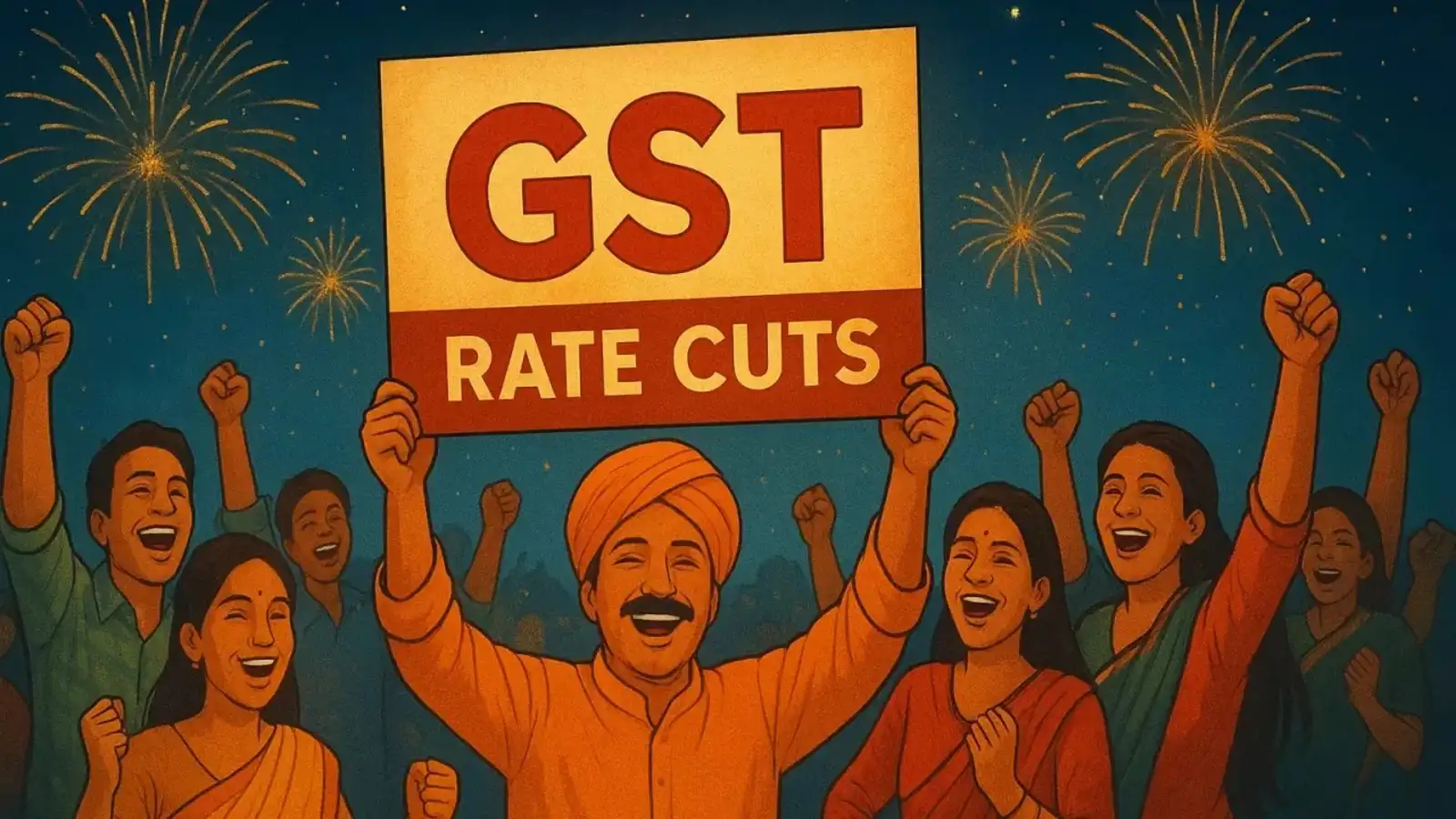Government News
The Governments Economic Report Highlights Three Trends for the Upcoming Years
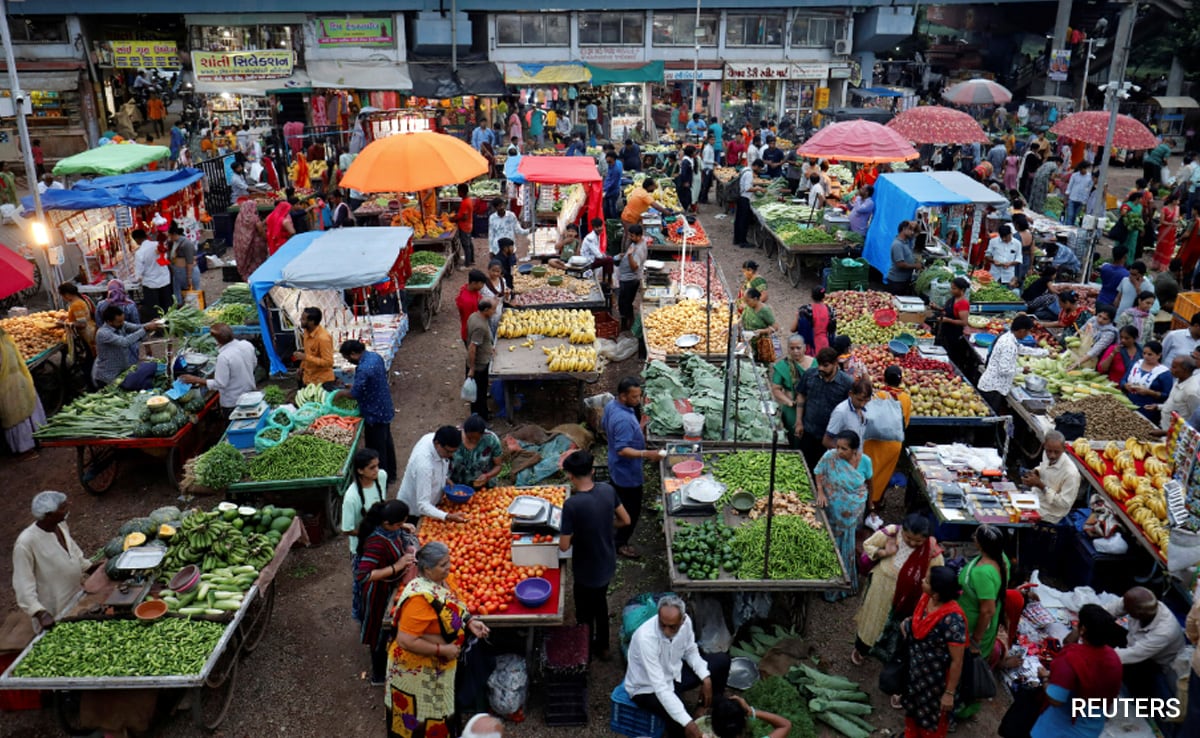

By - 30 Jan 2024 10:10 AM
The government stated in a report titled "The Indian Economy - A Review" released ahead of the interim Budget that the country's economy is expected to grow at a rate of more than 7% over the next few years, making it the third largest in the world.
The Economic Survey, which will only be provided with the complete Budget following the national elections, is replaced by an overview of the economy in this report.
Three trends that "will be with us in the coming years" are highlighted in the report.*According to the report, the period of hyper-globalization in global manufacturing is over. "It does not mean that de-globalisation will be upon us any time soon, as countries are only now discovering the enormous integration of global supply chains that have taken place in the last few decades," it continues. Therefore, the report predicts that if an alternative to the globalization of supply chains ever emerges, it will take a lot longer. That won't stop governments from pursuing friend- and on-shoring of production, though, as it will still have an effect on the costs of logistics and transportation and ultimately affect the final prices of goods.
The recent Red Sea events might have exacerbated worries about relying too much on global supply chains, which would explain why global trade is expected to grow more slowly in 2023. To put it another way, it won't be simple to export your way to success. In areas where India has an advantage, this emphasizes the need to reduce logistics costs and make investments in high-quality products in order to maintain and grow market share.
*According to the report, artificial intelligence is yet another significant trend to be aware of. "Closely related to this challenge is the advent of Artificial Intelligence with the profound and troubling questions it poses for growth in services trade and employment since technology might remove the advantage of cost competitiveness that countries exporting digital services enjoy," it continues.
According to the review, the energy transition challenge is the third trend and possibly the most significant.
A single-minded focus on cutting carbon emissions has resulted from worries about rising temperatures, despite the conclusion that the emission of greenhouse gases—especially carbon—is the most important factor. Due to this, developed countries and international organizations have been pressuring developing countries to transition from fossil fuels to more environmentally friendly energy sources, even in the face of ongoing resource and technological constraints.According to the report, there is a short-term trade-off between energy transition and economic growth. In the post-Covid global economy, where growth is a challenge, countries cannot afford to sacrifice the former for the latter.India, according to the overview, is walking the fine line between the two more skilfully than other nations, with installed non-fossil fuel-based power generation capacity running ahead of targets. Importantly, India's unwavering commitment to ensuring steady economic growth is generating resources for investment needed for climate change adaptation, building resilience, and mitigating emissions.
According to the report, the policies that have been adopted and put into place over the past ten years have put the Indian economy in a better position than before to tackle these three major challenges.


